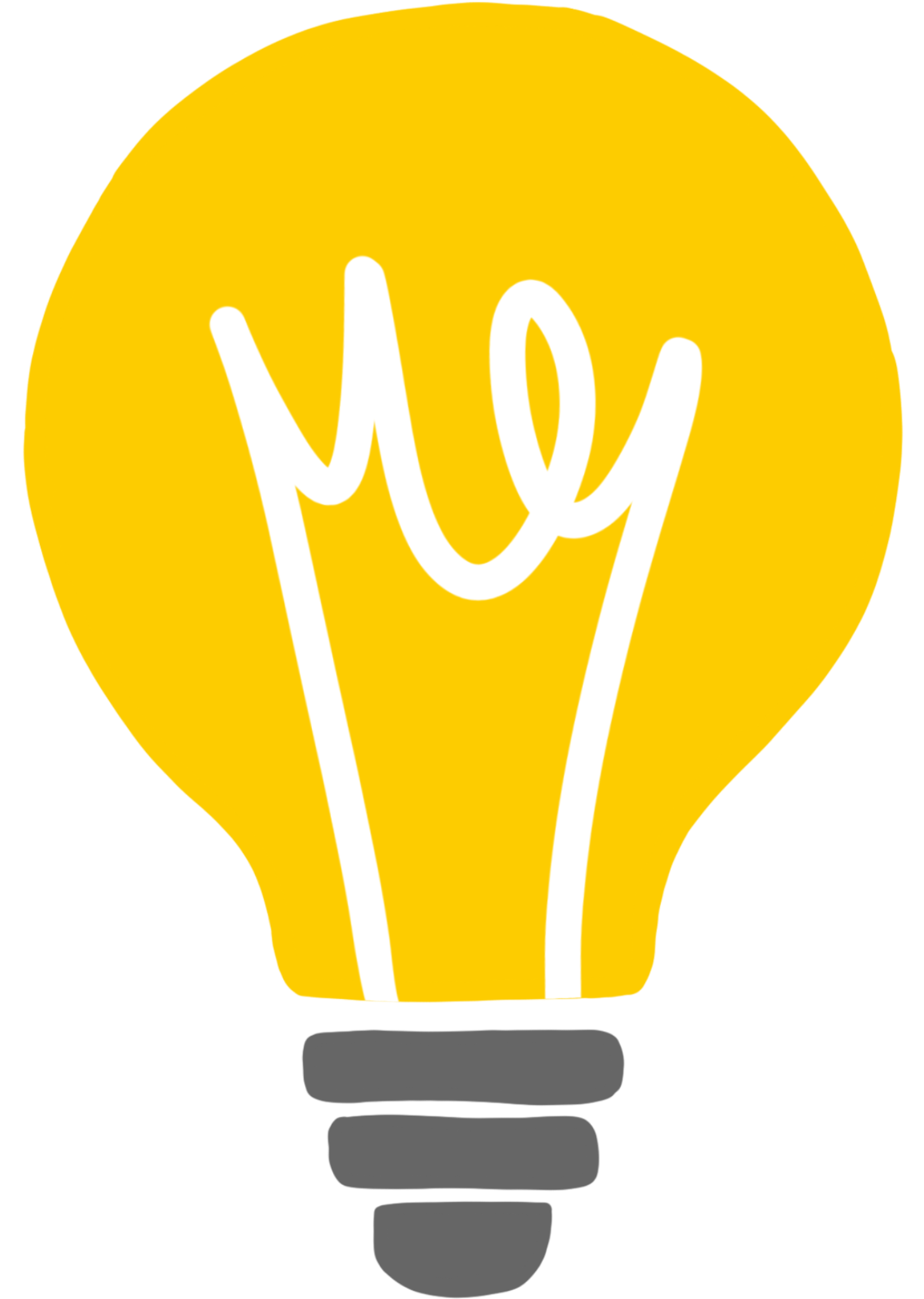The Jevons Paradox and Sustainable Productivity
Have you ever heard of the Jevons Paradox? It’s the idea that when something becomes more efficient, we use it more, not less.
The Jevons Paradox originated in the nineteenth century and applied to coal and steam engines. But it applies just as much to modern work and life, especially sustainable productivity.
Does this sound familiar?
You start prioritising your wellbeing. You feel better. You have more capacity… so you say yes to more.
Or you adopt some productivity strategies. You start tinkering with AI. You become more efficient. You have more capacity… so you say yes to more.
And before you know it, you’re right back where you started: too busy and utterly overwhelmed.
This is why sustainable productivity is so tricky.
You feel better and have smooth, efficient workflows, so it makes sense to take more on. But more isn’t always better, especially when it costs your wellbeing.
I teach productivity strategies. I believe in them. But I also believe in boundaries and choosing not to fill every bit of space, even if you technically could.
I’d love to know your thoughts on this; let me know in the comments.

